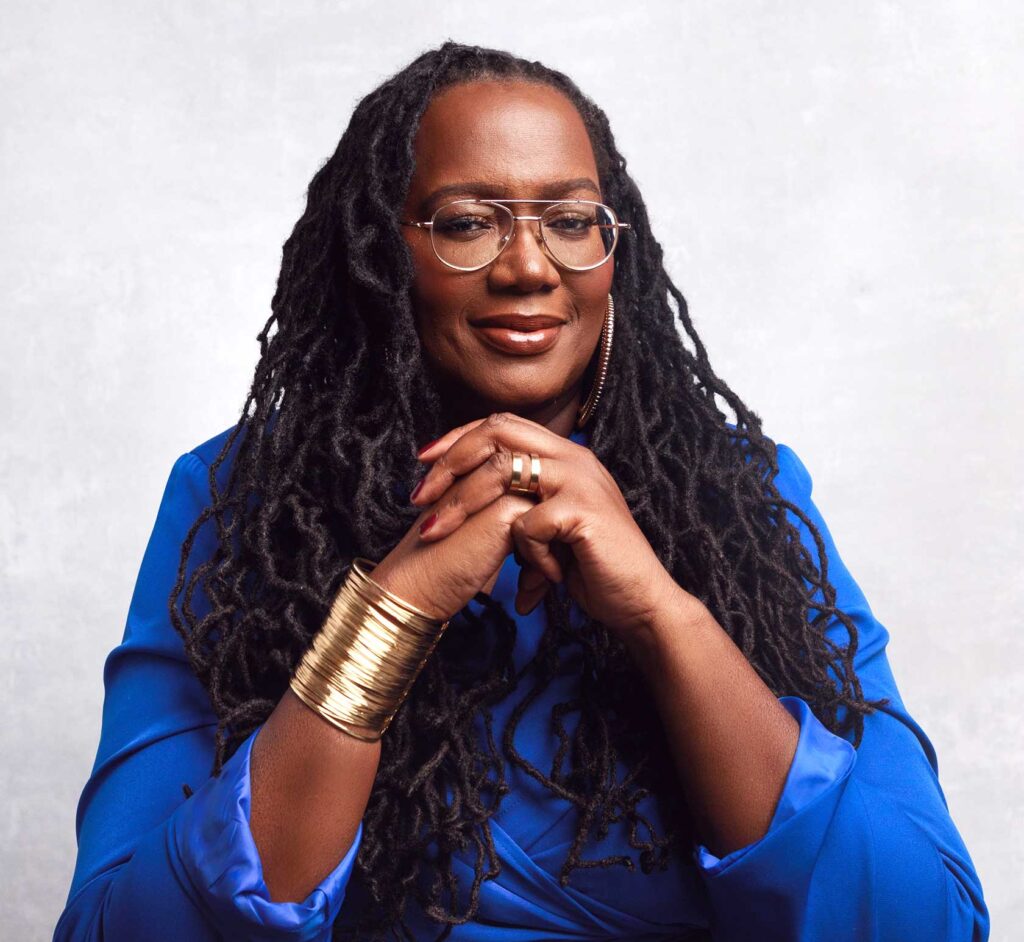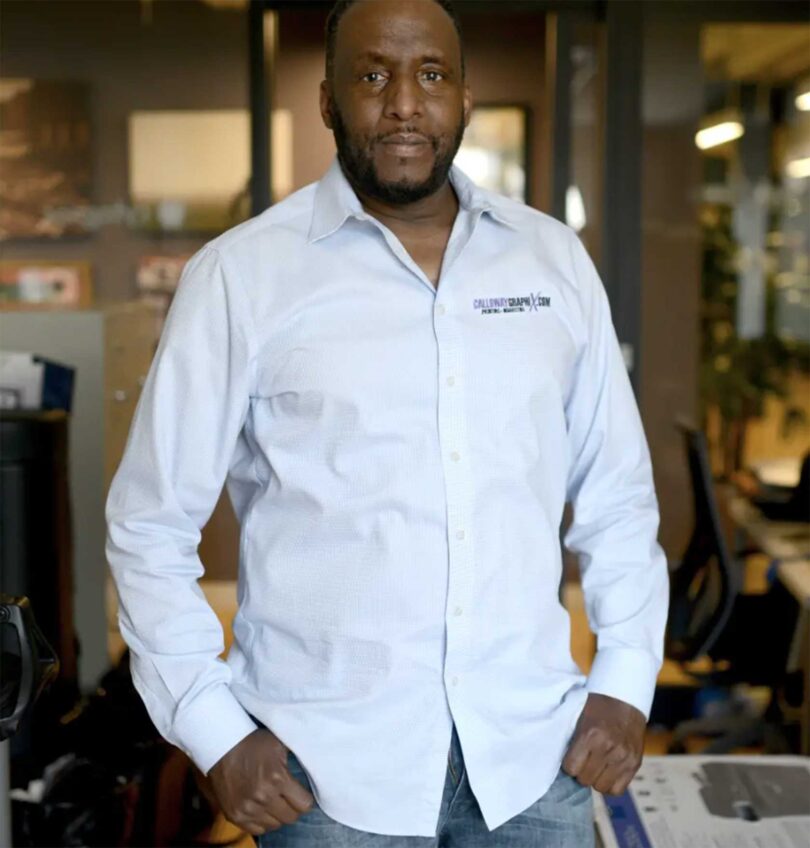Taneshia Nash Laird takes helm at Project REAP
From alumna to executive director, Nash Laird is ready to lead

Banner Business Sponsored by The Boston Foundation
When Taneshia Nash Laird stepped in as executive director of Project REAP, a national real estate nonprofit, back in August, she had an ambitious plan that included building community among alumni and revamping the organization’s communication channels.
In Nash Laird’s first three months in the role, she and her team — which includes people who have been with the organization for years and will be taking on other roles and others who are new recruits — have achieved both objectives.
These early accomplishments signal a future Nash Laird says she hopes will be expansive despite challenges to programs that champion diversity, equity and inclusion.
Project REAP, or the Real Estate Associate Program, which Nash Laird affectionately refers to as “The Little Nonprofit That Could,” was founded in 1998 to increase opportunities for minorities in commercial real estate and promote inclusivity.
The organization offers mentorship and education to professionals of color to help them succeed in the industry. It operates out of 10 cities, now including Boston, which will be the location of its headquarters.
Nash Laird, who is based in Boston, was announced as the executive director during Project REAP’s 25th anniversary in Washington, D.C., where the organization was founded, taking over from longtime entrepreneur and executive leader Manikka Bowman.
“It was pretty exciting,” Nash Laird said of the celebrations and the beginning of her career at Project REAP. “One of the reasons that I was very interested in the role was because I am a graduate of the program, and I know the impact that Project REAP has made over the past 25 years,” she said.
A 2023 impact report, the publication of which was spearheaded by Bowman, Nash Laird said, showed that graduates of Project REAP saw a 14% increase in attaining executive-level positions and a 33% increase in income for alumni earning $100,000 to $200,000.
The organization’s achievements also include graduating over 2,000 students, including Nash Laird herself, who went through and completed the REAP Academy program during the pandemic.
Nash Laird’s resume includes positions as CEO of Newark Symphony Hall, inaugural president and CEO of the Greater Roxbury Arts and Cultural Center and co-founder of the entertainment venue MIST Harlem.
“I think what I brought to Project REAP was just a diversity ofexperience on multiple sides of the commercial real estate equation,” she said.
But, she added, her experience as a participant in REAP Academy proved to be particularly valuable.
Going through the program and now holding the status of alumna is what pushed Nash Laird to want to expand the network. Graduates of Project REAP had already begun to put together unofficial networks among themselves through group messaging apps.
“It was really about: What can we do to support…the alumni as they make impact in their respective communities?” she said.
So, she and her team sought to formalize the process by introducing new structured programs, such as “REAP Board Builders,” which prepares alumni fellows for leadership roles on civic, nonprofit and corporate boards, and “REAP Speak,” a speakers bureau that will give alumni fellows opportunities for speaking gigs, which Nash Laird said amplifies the organization’s impact.
With Nash Laird’s vision, the future of Project REAP looks to be filled with growth. For example, she said the organization plans to increase its connections with industry associations and corporations, all part of its work of “being able to continue the conversation around the business case for inclusivity.”
This means, in 10 years, being able to demonstrate a tangible economic impact that goes beyond the incomes of alumni and reflects the work they’re doing as members of civic boards and commissions and as business owners.
Nash Laird is taking the lead at the organization amid growing pushback against institutions like Project REAP. One of her long-term goals, she said, is that the organization remains resilient when faced with such attacks on “the competency and the accomplishments of people that look like the people that we are supporting, people that look like me,” she said.
“Our mission is advancing diversity, equity and inclusion through education, mentorship and partnerships. I think in this environment, it’s really important for us to also talk about the business case for that, and I think that is where a lot of our emphasis is going to go,” she said. “So though we might not be using DEI as the catchphrase, to be clear, we are grounded in that, and that is what we’re going to continue to do.”






